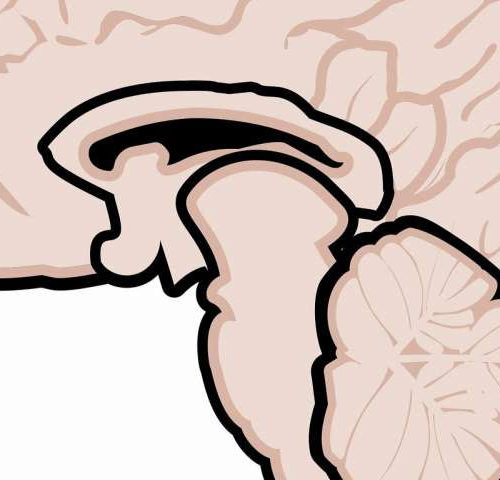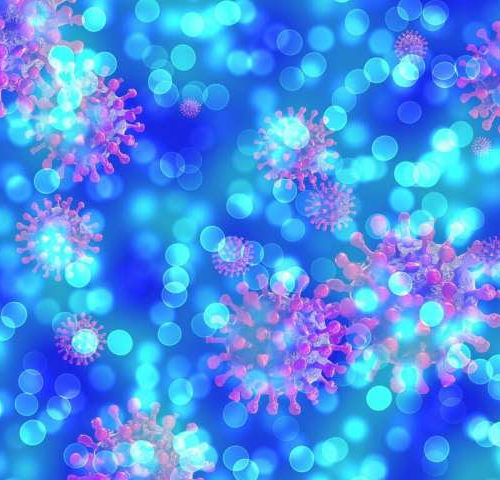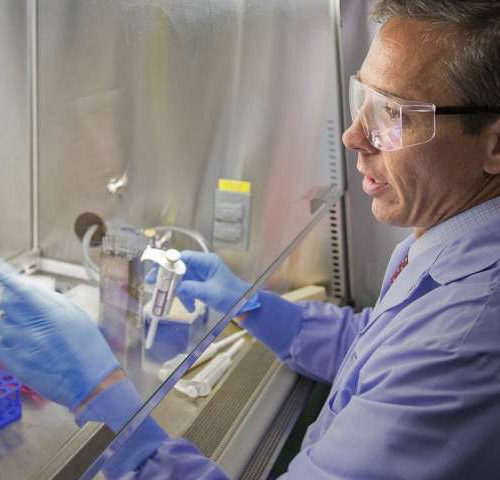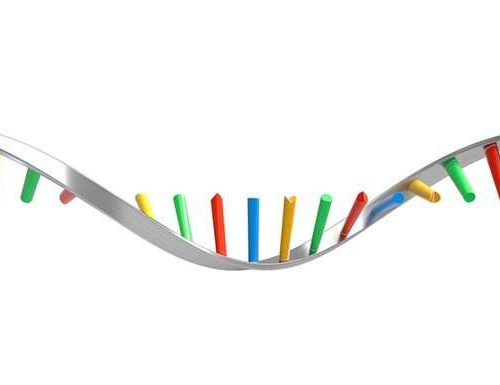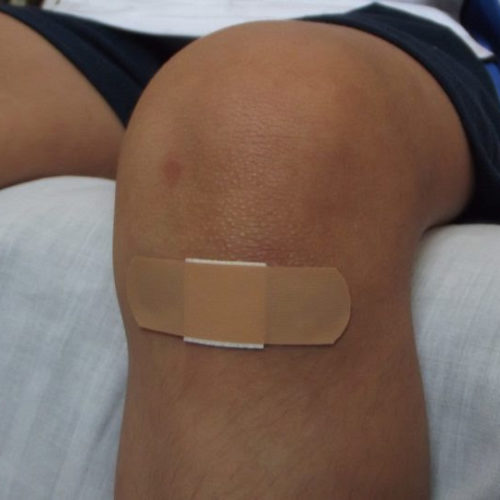UNIVERSITÉ LIBRE DE BRUXELLES Autoimmune diseases are diseases of “mistaken identity”, where the immune system – which is supposed to protect us against infectious diseases and neoplasias – mistakenly attacks and destroys components of our own body. The incidence of autoimmune diseases is increasing on a worldwide basis, and these diseases – including type 1...
Tag: <span>Autoimmune Disease</span>
New research finds ginger counters certain autoimmune diseases in mice
by University of Michigan Credit: CC0 Public Domain Naturopathic medicine, or herbal medicine, is all the rage, especially among young people. But how much of this is supported by science? Ginger is known to have anti-inflammatory and anti-oxidative effects, making it a popular herbal supplement to treat inflammatory diseases. And according to a Michigan Medicine led study...
Promising multiple sclerosis drug may worsen disease, research suggests
by University of Virginia A drug that has shown promise for treating multiple sclerosis may actually make the debilitating disease worse, new research from the University of Virginia School of Medicine suggests. The drug has not yet made it to human trials for MS, but the UVA scientists are warning their fellow researchers to proceed extremely cautiously. In addition to worsening the disease in...
What Are Common Symptoms of Autoimmune Disease?
Between taking care of yourself and family members and trying to manage a social life and career, it’s common for women to feel tired and achy. But are these symptoms of a stressful life, or could they be tied to an underlying condition like autoimmune disease? Ana-Maria Orbai, M.D., M.H.S., is a rheumatologist at the Johns...
Diabetes as a consequence of COVID-19
by Frederike Buhse, Kiel University The SARS-CoV-2 coronavirus, which causes the coronavirus disease COVID-19, can penetrate many different body cells. This has been shown in multiple research papers published in recent weeks. Thus, not only can the function of the respiratory tract and the lungs be severely disrupted, but also numerous other organs. The SARS-CoV-2...
Autoimmune diseases in ALS patients linked to genetic mutation
by Sarah Lichtman, Cedars-Sinai Medical Center A study published today in the journal Nature could help explain why certain people who develop amyotrophic lateral sclerosis (ALS), a deadly neurological disorder also known as Lou Gehrig’s disease, are prone to autoimmune diseases. ALS, which has no known cure, causes progressive degeneration of nerve cells in the...
Researchers develop new approach to study the genetics of human disease
by Sheila Evans, University of Chicago Medical Center Many heritable immune diseases such as rheumatoid arthritis and blood-cell related traits derive from critical proteins not being made or not functioning correctly. But exactly how a person’s genes, the regulation of these genes and how the resulting proteins interact to cause disease is not widely understood....
Fat check: Yale researchers find explanation for stress’ damage in brown fat
In their search for what triggers the damaging side-effects caused by acute psychological stress, Yale researchers found an answer by doing a fat check. In the face of psychological stress, an immune system response that can significantly worsen inflammatory responses originates in brown fat cells, the Yale team reports June 30 in the journal Cell....
New vaccine holds promise in fighting diarrheal disease
OHSU research targets disease afflicting millions in developing world OREGON HEALTH & SCIENCE UNIVERSITY Scientists at Oregon Health & Science University have teamed up with OHSU spinoff, Najít Technologies, Inc. to develop a new vaccine that appears to confer immunity to a diarrheal disease that afflicts hundreds of millions of people in developing countries around...
Exploring the frontiers of immunity and healing
During a 1989 lecture at the Cold Spring Harbor Symposium on Quantitative Biology, Yale School of Medicine professor Charles Janeway, MD, hypothesized the existence of an innate immune system and special receptors on immune cells (currently known as toll-like receptors) that trigger the body’s response to infection. Janeway’s research later confirmed his insights, providing the...


